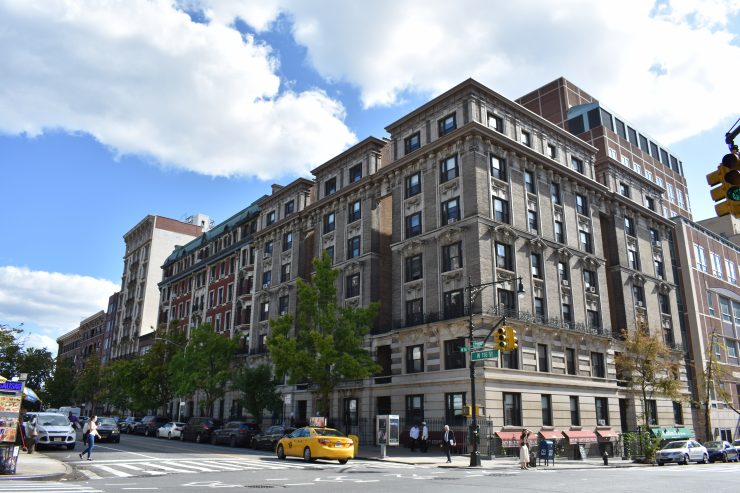In the NYC tax system, RPTT means real property transfer tax, and RETT means real estate transfer tax.
Most obviously, RPTT and RETT are important because they can considerably boost the cost of a transaction, for buyer or seller.
However, these taxes are also useful as a way of locating records for co-ops on ACRIS, the city’s real estate database.
RPTT
The RPTT applies to NYC real property sales of $25,000 or more. The seller typically pays this expense at closing. As we cover in our buyer’s worksheet, getting the seller to cover transfer taxes is a must in today’s buyer’s market.
The tax works out to 1.4% for sales below $500,000, 1.825% for sales between $500,000–3 million, and $2.075% for those above $3 million. These rates include a state tax and a city tax.
The RPTT also affects businesses that deal in real estate. As per the city, “You must also pay RPTT for the sale or transfer of at least 50% of ownership in a corporation, partnership, trust, or other entity that owns/leases property and transfers of cooperative housing stock shares.”
Transfers to or from the United Nations or another international organization of which the US is a member are exempt from the RPTT. So are the US government and the state government.
RETT
Real estate transfer taxes affect sales of property exceeding $500. The rate is two dollars for every 500, or 0.4%.
Like the RPTT, this expense typically falls to the seller. In a seller’s market, the sponsor of a new development may pass it on to the buyer. But that’s unlikely in a buyer’s market, and the buyer should negotiate.
The catch is that NYC real estate deals of more than $1 million trigger the mansion tax. This tax only affects NYC purchases, not those in any other city or town in NYS.
The mansion tax is progressive, so it grows as the deal gets further above the $1 million benchmark. The rate is 1% for properties $1m–1,999,999 but goes as high as 3.9% for those above $25 million.
The buyer typically pays this expense, but in a market favorable to buyers, the seller might pay it to sweeten the deal. The tax applies to condos, co-ops, and houses.
NYC taxes are a way to look up co-op records
You can use RETT and RPTT to look up records for NYC co-ops on ACRIS, the city’s real estate database. ACRIS stores information on all NYC property, including deeds, mortgages, and other documents.
You can use deeds to find condos on ACRIS. But for co-ops, you’ll want to use RETT and RPTT. (Co-ops do not have deeds because co-op buyers do not technically own the co-op unit. They own shares in the co-op.)
However, if you want to stay up to date on all the latest NYC real estate happenings, we recommend Marketproof data subscriptions. This feature provides daily updates on new buildings and demolitions, commercial and residential sales, commercial loans, offering plans, and more. It’s easier to navigate than ACRIS.
Getting started with Marketproof Data Subscriptions
Data Subscriptions allows subscribers to receive daily emails with updated data sets on NYC real estate. Currently, data sets include new buildings and demolitions, commercial sales, commercial loans, offering plans, and more. Subscriptions start at just $50/month.



